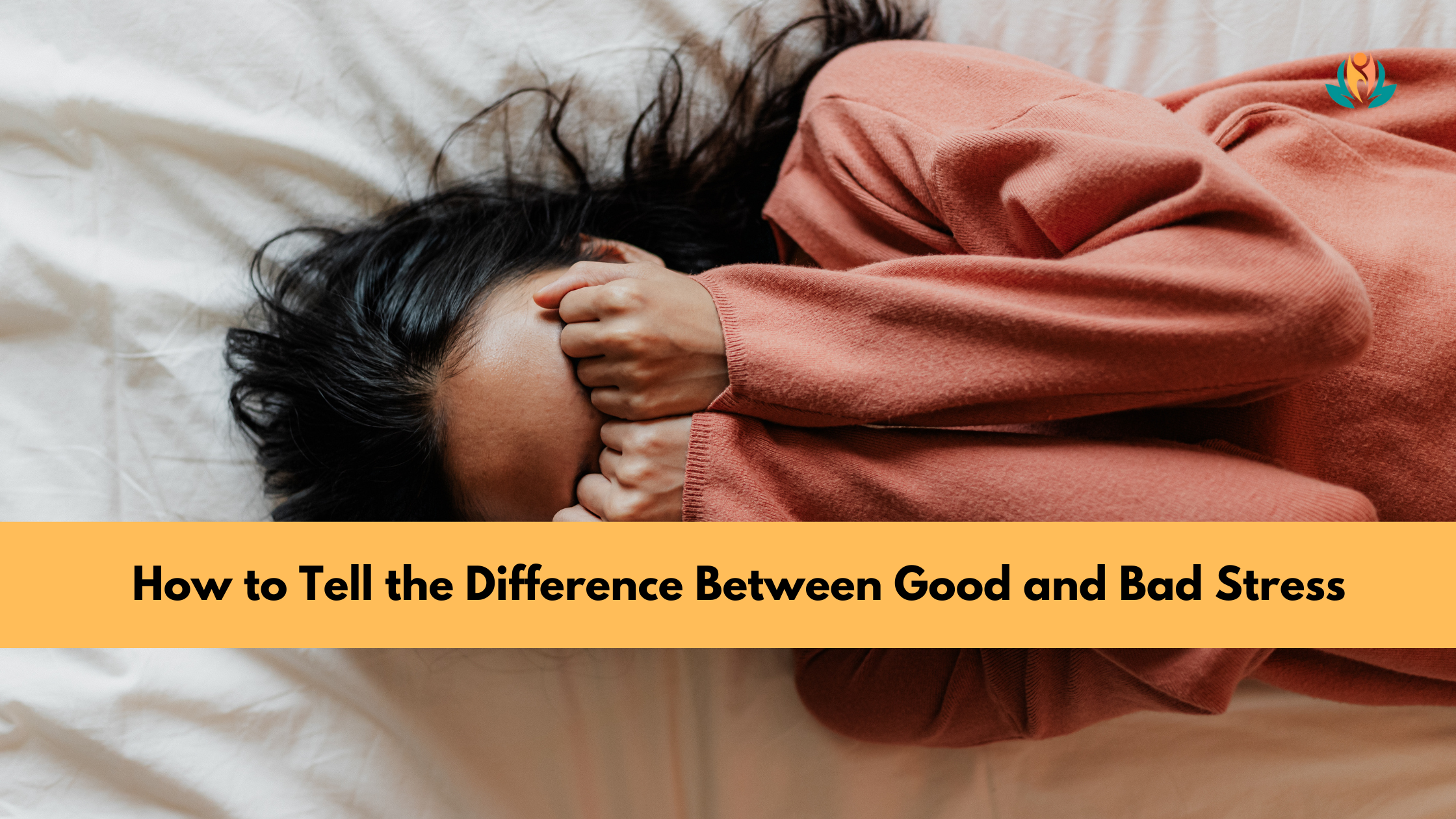Stress is a natural part of our modern lives. Bills come every month, kid’s activities are year-round, and work never seems to slow down. A little bit of stress is inevitable and can be a good thing. Stress helps you meet your daily challenges and motivates you to reach your goals. Good stress is vital for a healthy life.
Good vs. Bad Stress
You may think all stress is bad, but that isn’t the case. Good stress, or eustress, is the type of stress you feel when you are excited. Your pulse quickens, and your hormones surge, but there is no threat or fear. You might feel this stress when you ride a roller coaster, compete in a game, or go on a first date. Good stress is short-term, inspires and motivates, focuses your energy, and enhances performance.
Bad stress, however, is the kind that wears you out, leaves you feeling jittery and overwhelmed, and is harmful to your health. Bad stress, or distress, can lead to anxiety, confusion, poor concentration, and decreased performance. Bad stress can be short-term (acute) or long-term (chronic). Acute stress usually doesn’t take a heavy toll on your body if you can find ways to relax quickly. However, chronic stress, when you repeatedly face consecutive stressors, can take a heavy toll on your body and cause adverse health effects. Chronic stress can cause headaches, insomnia, weight gain, anxiety, pain, high blood pressure and relationship disturbances.
Common chronic stressors include:
- Relationship disharmony or challenges
- Money concerns
- Work issues
- Unmanaged health or mental health problems
- Real or perceived loss
Both good and bad stress result in your body releasing hormones, such as adrenaline and cortisol, that trigger physical symptoms such as butterflies in the stomach, increased or racing heart rate, and sweaty palms. Ultimately, how you react or feel about the experience distinguishes good stress from bad.
How to Reduce Bad Stress
Stress becomes a problem when it starts to take over your life. The key to stress management is identifying the harmful stressors in your life and developing healthy ways to deal with them.
- Eliminate stress where you can. Learning to say “no” more often, reducing your to-do list, and limiting contact with those who trigger you are great places to start. Once you manage your time more effectively, your stress levels will decrease.
- Accept there are things you cannot control. There are things in life beyond your control, such as someone else’s behavior. Instead of stressing over what you can’t control, focus on what you can manage and how you react to the problem. That way, you expend your energy where it can be more effective.
- Shift Your Mindset. Over focusing on the negative can lead to negative thoughts and behavior, while shifting to what is known as a growth mindset can enhance one’s ability to cope with difficult situations. Make an effort to look for the growth opportunities and possibilities in situations, where you can learn from your mistakes or use significant challenges as a time for increasing self-care, personal reflection and growth. In addition, taking time to reflect on all you feel grateful for in your life can change your perspective.
- Get support. Confide in family and friends or turn to someone professional. Expressing how you feel can be cathartic. It is also important to express your feelings instead of bottling them up as that can add to the stress.
- Add relaxation techniques to your everyday routine. Relaxation promotes overall health and lets you step away and clear your head. Relaxation can be accomplished with deep breathing exercises, meditation and gentle movement such as walking and yoga.
- Stay healthy and fit. A well-balanced diet and staying active ensures your body is better prepared to fight stress. Exercise relaxes your body and mind while improving your mood. Physical activity has been proven to be crucial in preventing and reducing the effects of stress.
- Get a good night’s rest. Getting enough rest is essential because it gives your body time to recover from stressful events and sets you up to fight new challenges the next day.
The key is identifying good stress from bad stress. Stress can be a positive addition to your life if it’s not chronic. Make an effort to reduce your chronic stress as much as possible and reorient yourself to the stress that may be inevitable, yet balancing it out with growth promoting life practices. It creates a healthy balance and a better quality of life.



